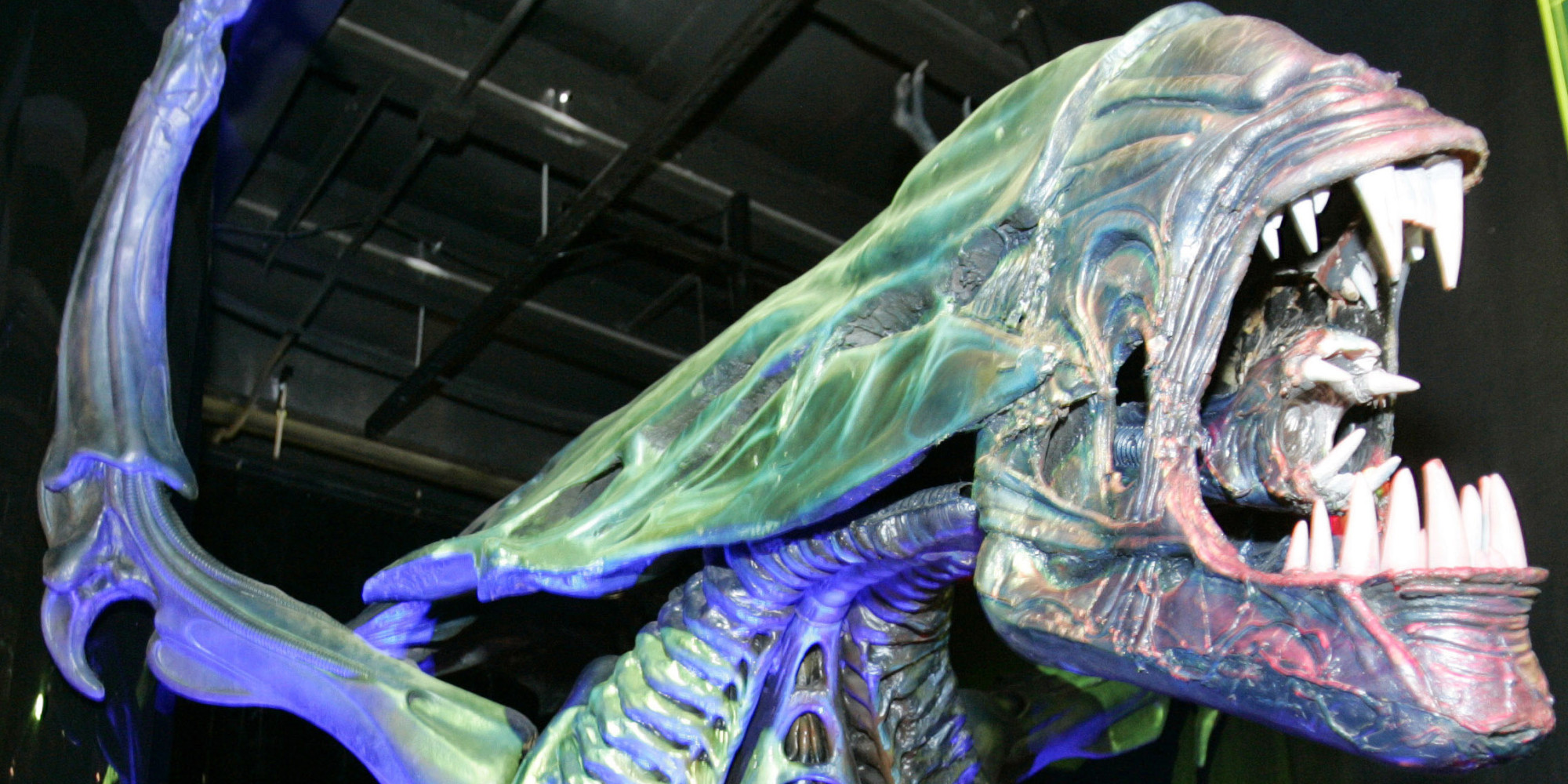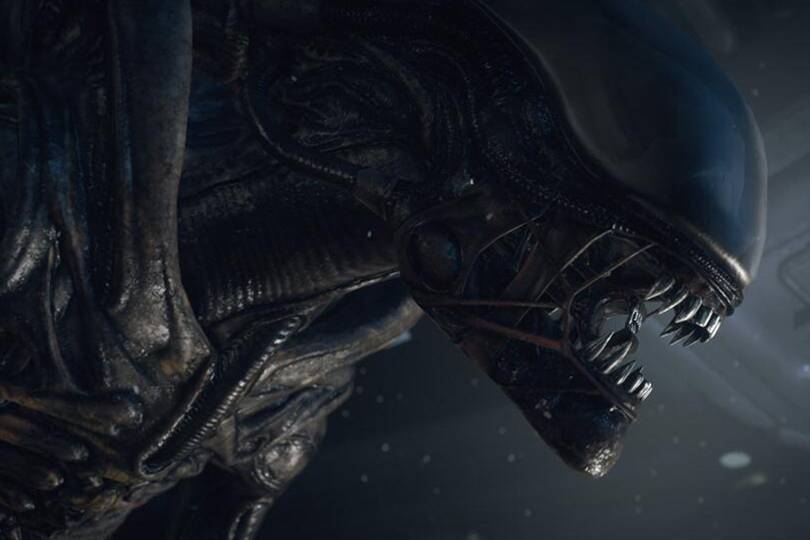Table of Contents
- Who are the aliens? - information for all
- How a single word in Aliens has caused decades of confusion | WIRED UK
- EVERYTHING YOU NEED TO KNOW ABOUT ALIENS - YouTube
- Former NASA Astronaut Say 'Aliens Probably Know We Exist' | HuffPost UK
- Aliens, ghosts and secret societies have a lot to say about humanity ...
- Le Fils de Fanon: the aliens finally came.
- Write a Story About Aliens! - YouTube
- I Think We’re Ready for Aliens - NeuroLogica Blog
- Write a Story About Aliens! - YouTube
- ALIENS



A Glimpse into the Unknown


According to Dr. Rodriguez, the discovery of exoplanets, which are planets that orbit stars other than the Sun, has revolutionized the field of astrobiology. "We've discovered thousands of exoplanets, and many of these planets are located in the habitable zones of their respective stars, where conditions are suitable for life as we know it," she explained. "This has significantly increased the likelihood of finding life elsewhere in the universe."


The Search for Biosignatures


One of the most promising methods for detecting biosignatures is through the study of exoplanet atmospheres. By analyzing the light that passes through an exoplanet's atmosphere, scientists can identify the presence of certain gases that could be indicative of biological activity. The James Webb Space Telescope, set to launch in 2023, will play a crucial role in this endeavor, with its advanced spectrographic capabilities allowing scientists to study the atmospheres of exoplanets in unprecedented detail.

A New Era of Exploration
As we continue to push the boundaries of space exploration, the search for alien life remains a top priority for NASA and other space agencies around the world. With ongoing and future missions, such as the Europa Clipper and the Mars 2020 rover, scientists are poised to make significant breakthroughs in our understanding of the universe and our place within it.While we have yet to find definitive evidence of alien life, the possibility of discovery is an exciting and intriguing one. As Dr. Rodriguez noted, "The search for life beyond Earth is a fundamental question that has captivated human imagination for centuries. Whether or not we find life elsewhere in the universe, the journey of discovery itself is a profound one, with the potential to expand our understanding of the cosmos and our place within it."
In conclusion, our conversation with Dr. Maria Rodriguez offers a fascinating glimpse into the ongoing search for alien life. As scientists continue to explore the universe and push the boundaries of human knowledge, the possibility of discovery is an exciting and intriguing one. While we may not have found definitive evidence of extraterrestrial life just yet, the journey of exploration itself is a profound one, with the potential to expand our understanding of the cosmos and our place within it. Join us next time on "Cosmic Conversations" as we delve into more topics that are out of this world! Learn more about NASA's search for alien life